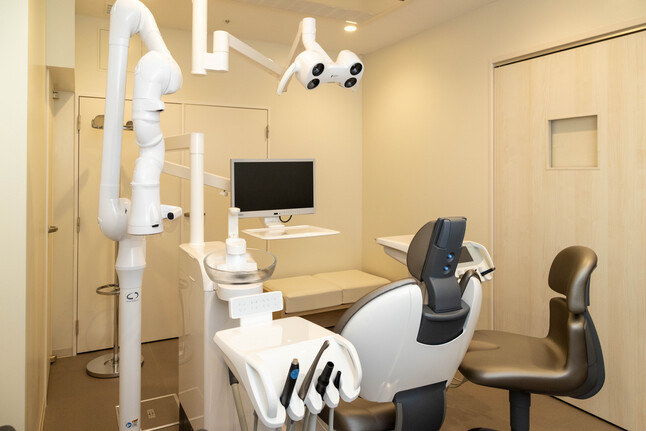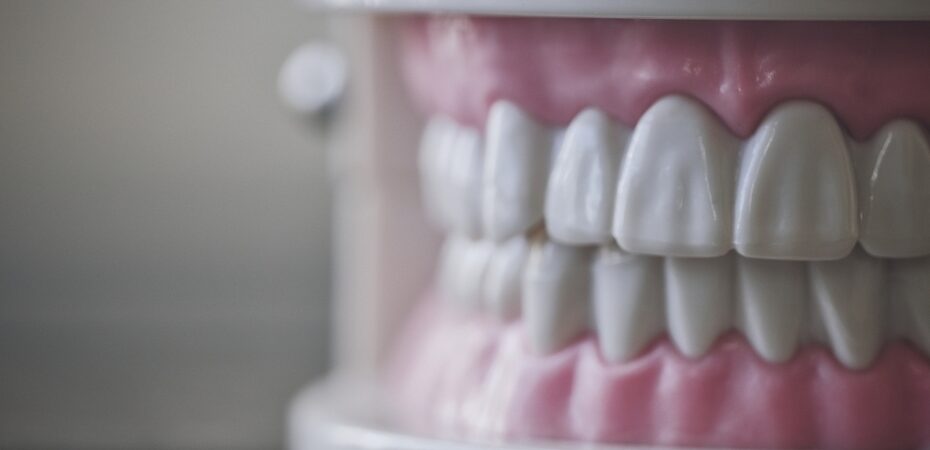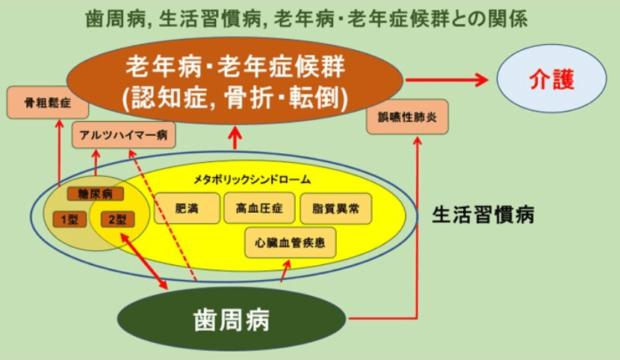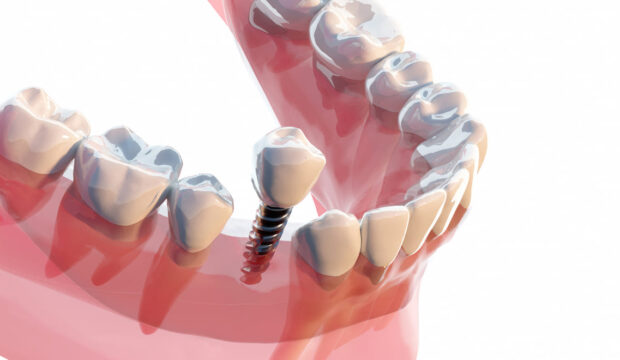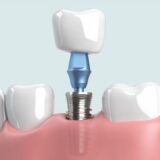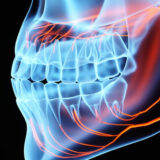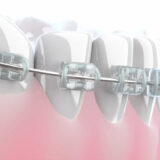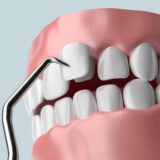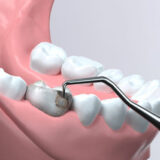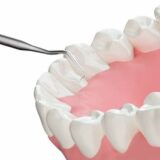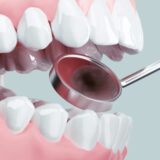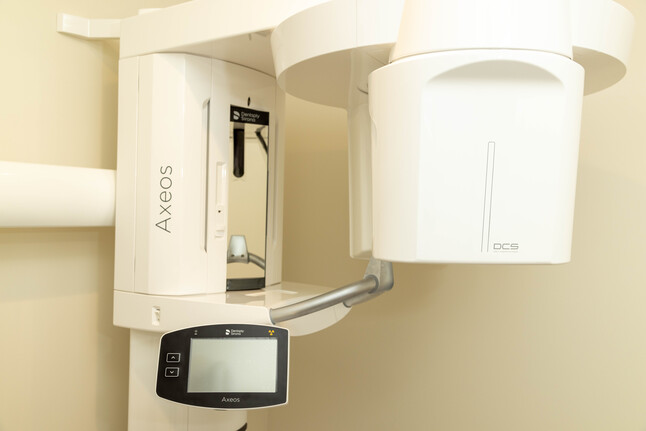What are Dental Implants?
Implant treatment involves the implantation of a titanium screw into the area where a tooth is missing, followed by the creation of an artificial tooth on top of it as a replacement.
This treatment is used for the functional recovery following the extraction of teeth that have become unviable due to periodontal disease or dental caries.
Typically, a titanium screw is implanted into the jawbone, serving as a foundation for supporting crowns, bridges, or dentures.
Depending on the number of missing teeth, it can replace one or several teeth.
Referred to as the “greatest invention of the 20th century” in dental medicine, it has greatly contributed to improving the quality of life for numerous patients.
Purpose
We will say that the purpose of dental Implants is Health Enhancement.
Dental implant aim to restore lost oral function and appearance without putting strain on remaining teeth.
Dental implants do not require adjacent teeth to be used as abutments for bridges, there is no additional burden on the remaining teeth.
Risk
Neglecting Lost Teeth Even if you’ve lost only 1 or 2 teeth, you might think it’s not a problem as long as you can chew with other teeth.
However, neglecting lost teeth poses risks beyond functional issues like “inability to chew” or aesthetic concerns. Losing one tooth can trigger a domino effect, adversely affecting other teeth and bones.
The loss of one tooth leads to changes throughout the oral cavity, causing misalignment of teeth and bite issues to progress.
Teeth without a proper bite partner gradually extrude, making treatment more challenging.
Concerns of Those Who Have Lost Teeth
Common Concerns of Tooth Loss
- Worries about appearance
- Loss of enjoyment in eating
- Decline in pronunciation
- Face appears sunken
- Worsening teeth alignment
- Bad breath
- Increased risk of cavities and periodontal disease
- Reduced overall chewing force
- Loss of confidence
Benefits of Dental Implants
What is important?
- No additional burden on other teeth
- Restoration of chewing ability
- Improvement in QOL (Quality of Life)
- Natural appearance
- Comfortable chewing sensation
- Easier maintenance compared to bridges
- Less maintenance effort compared to dentures
- Longer-lasting compared to dentures or bridges
- Contributes to overall health
Disadvantages of dental implants
Understanding disadvantages is also very important
- Surgery is required
- Risks of complications from surgical procedures
- Prolonged treatment duration
- Cost
Best Candidates for Dental Implants
Best Candidates for Dental Implants
- Those who prefer not to have adjacent teeth been cut-back and reshaped
- Those who can't chew due to ill-fitting dentures
- Those who wish to avoid dentures
- Those who cannot have a stable denture fixation
For More Detailed of Dental Implant Information
Please check the overview






